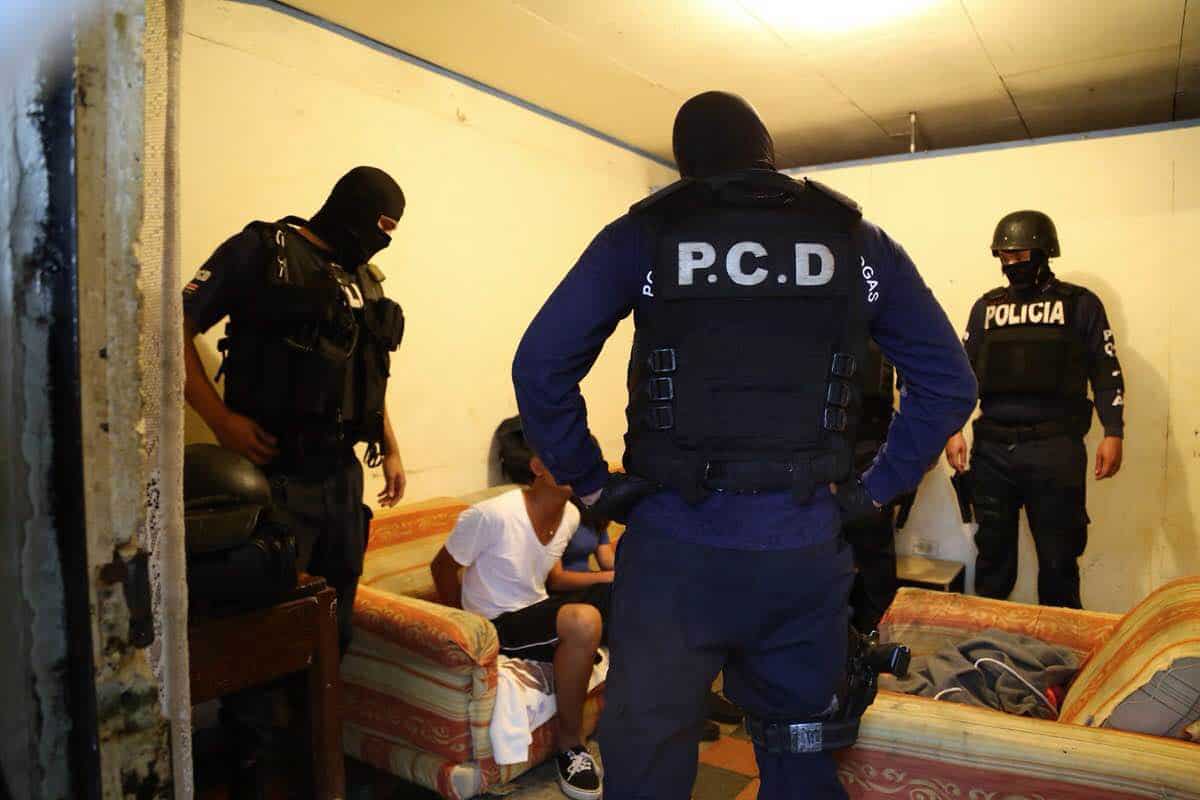A former delegation chief of the Judicial Investigation Police (OIJ) is speaking out this weekend about what he believes are the failures of Costa Rica’s drug enforcement policy.
Enrique Ceciliano, former delegation chief in the Southern Zone canton of Pérez Zeledón, is sharing his thoughts on the drug war at the first regional conference on non-recreational cannabis in Central America.
Ceciliano told The Tico Times that the drug war has been a failure to date and that legalizing medical marijuana is one step toward the shift in law enforcement needed to curb violence and the other ills of drug trafficking in Central America.
The former OIJ delegation chief said that by the time he arrived in Pérez Zeledón in the late 1970s, drug traffickers already were well established. After years of seizing drugs and busting bunkers where gangs hide out and store drugs and guns, the former OIJ delegation chief said the strategy felt futile.
“You break up one bunker and three more pop up. I realized that this was never going to end,” Ceciliano said.
Ceciliano said that he doubted the efficacy of drug seizures, noting that they were often the result of tips from rival gangs using the police to eliminate competition.
The turning point for Ceciliano came after one drug operation left a pregnant mother and her children without a home. Police arrested her husband for drug trafficking and seized the family’s home in the process, leaving her and the kids without a place to sleep.
According to Costa Rican forfeiture laws, anything suspected of being bought with ill-gotten money or involved in illegal activity can be seized during an investigation. This includes, homes and their contents, cars and property.
“Look at the policy here. Who are we really punishing?” Ceciliano asked.
Related: PHOTO REPORT: Marijuana Legalization March in Costa Rica
Ceciliano eventually left OIJ frustrated. Today, he is a member of Law Enforcement Against Prohibition, or LEAP, a U.S.-based drug policy reform organization. LEAP announced in September 2014 that it would open a formal chapter in Costa Rica, its first in Central America. LEAP supports a regulated drug market but does not advocate for drug use.
“We need to start somewhere: that’s marijuana,” Ceciliano said.
The former OIJ agent said that a regulated marijuana market would bring the trade into the light, eliminating the black market profits that drive much drug-related violence. Ceciliano said that money raised from the tax of the drug should be put in part into educational programs to deter the consumption of all drugs, including alcohol and tobacco.
A recent announcement from the Health Ministry has reinvigorated the debate on marijuana legalization. On Tuesday, the Health Ministry gave the green light to the specifics of a bill that would legalize the production, commercialization and distribution of cannabis for medical and industrial use in Costa Rica.
See also: Global drug policy isn’t working. These 100-plus organizations want that to change.
The president’s office released a statement Friday saying that Casa Presidencial, the Institute on Alcoholism and Drug Abuse, and the Drug Control Institute do not support the bill proposed by ruling party lawmaker Marvin Atencio. The Health Ministry said on June 2 that medical marijuana could be acceptable as a treatment of last resort.
Advocates for a regulated marijuana market, including Ceciliano, are meeting Saturday and Sunday at the CannaCosta regional conference on the medical and industrial uses of cannabis.
When asked what he would say to his fellow law enforcement professionals who do not agree with regulating marijuana, Cecilano said they need only look at the consequences of the drug war to date: “Look at the results: all the money spent, the jails full, broken families,” he said, “We’re doing something wrong.”

